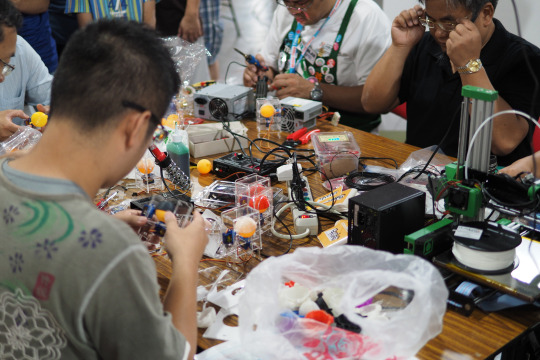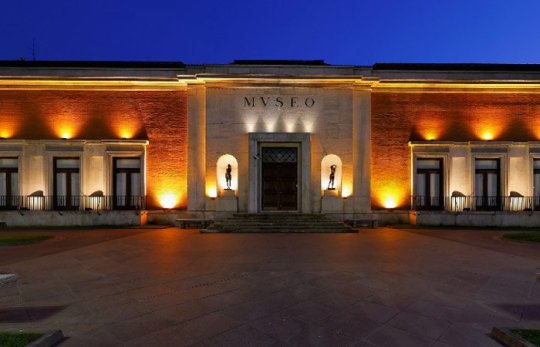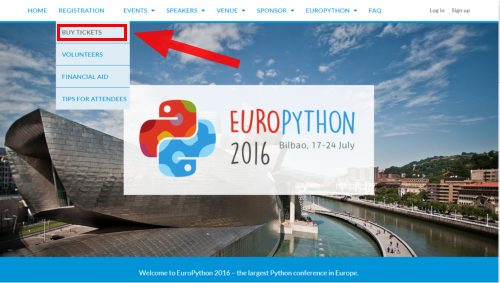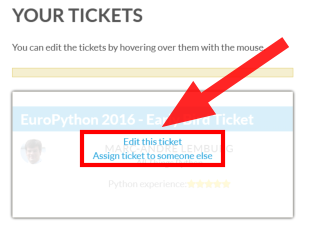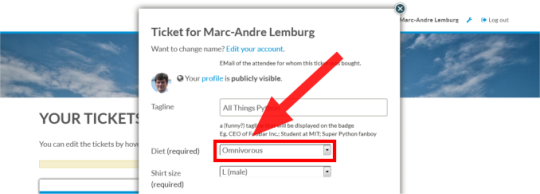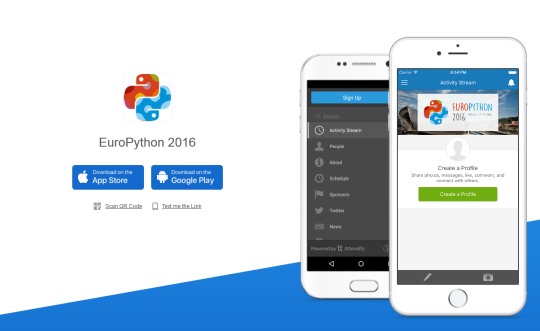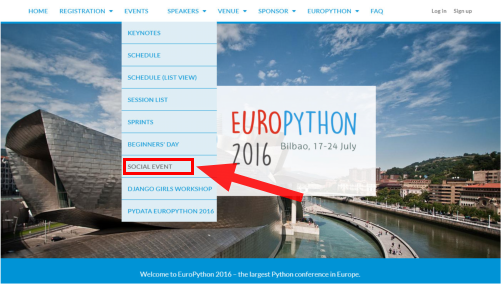For this year, we have reconsidered the way we give out badges to try to reduce the queue lengths and your waiting time.
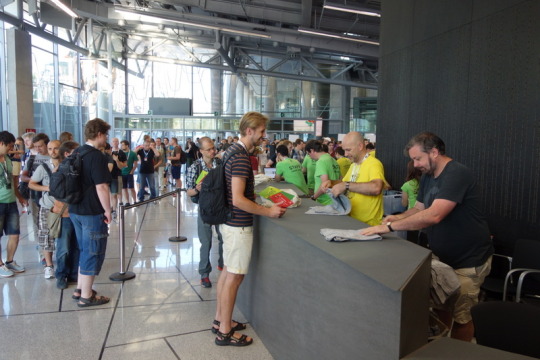
Badges distributed based on ticket ID
To make finding badges easier, we have printed the ticket ID on each badge and will distribute badges based on ticket ID ranges. Each queue will be for one ticket ID range.
Finding your ticket ID
We will send all attendees an email with their ticket ID, but you can also look on the website to find your ticket ID. Simply log in and then check the ticket page to find your ticket preview:
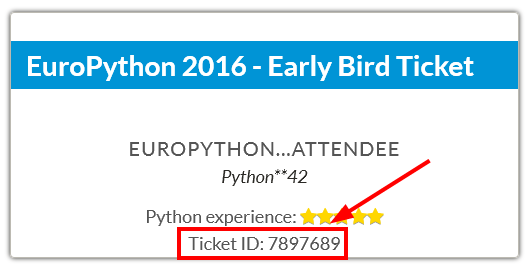
The ticket ID is listed at the bottom of the ticket preview.
If you forget your ticket ID, no worries. We will have a number of volunteers at the registration desk with a mobile app to quickly search the ticket database for your ticket. Simply ask them to help you find the right queue and you’re all set.
Should they have trouble finding your ticket in the database, you’ll be asked to visit the registration counter to sort out any issues.
Please check your ticket
Please note that in order to find your tickets, the person who bought the ticket will have to have assigned the ticket to you, as we’ve outline in a previous blog post.
We already know that there are a number of tickets which have not been assigned to the final attendee, so please double check that you can see your ticket on the ticket page after logging in to the website.
If you cannot find your ticket on that page, please ask the person who bought the ticket for you. The process for assigning the ticket is described in our blog post on the topic. If all else fails, simply write to our helpdesk@europython.eu for help.
Opening times of the registration desks
These are the planned opening times of the registration desks where you can pick up your badge (or buy conference tickets or day passes).
Sunday, July 17
In the afternoon at 16:00, we will open the registration desk at the main conference venue, the Euskalduna Conference Center (ECC). It’ll stay open until around 19:00. You will be able to pick up the badges for your already purchased tickets as well as buy new ones at this registration desk.
Monday, July 18
The registration desk at the conference venue, the Euskalduna Conference Center (ECC), will open at 08:00 on Monday.
Conference bag distribution
We will do the bag stuffing on Sunday, starting at around 16:00 at the ECC. You’re welcome to come and help. The stuffed bags will then be distributed starting on Monday.
With gravitational regards,
–
EuroPython 2016 Team

